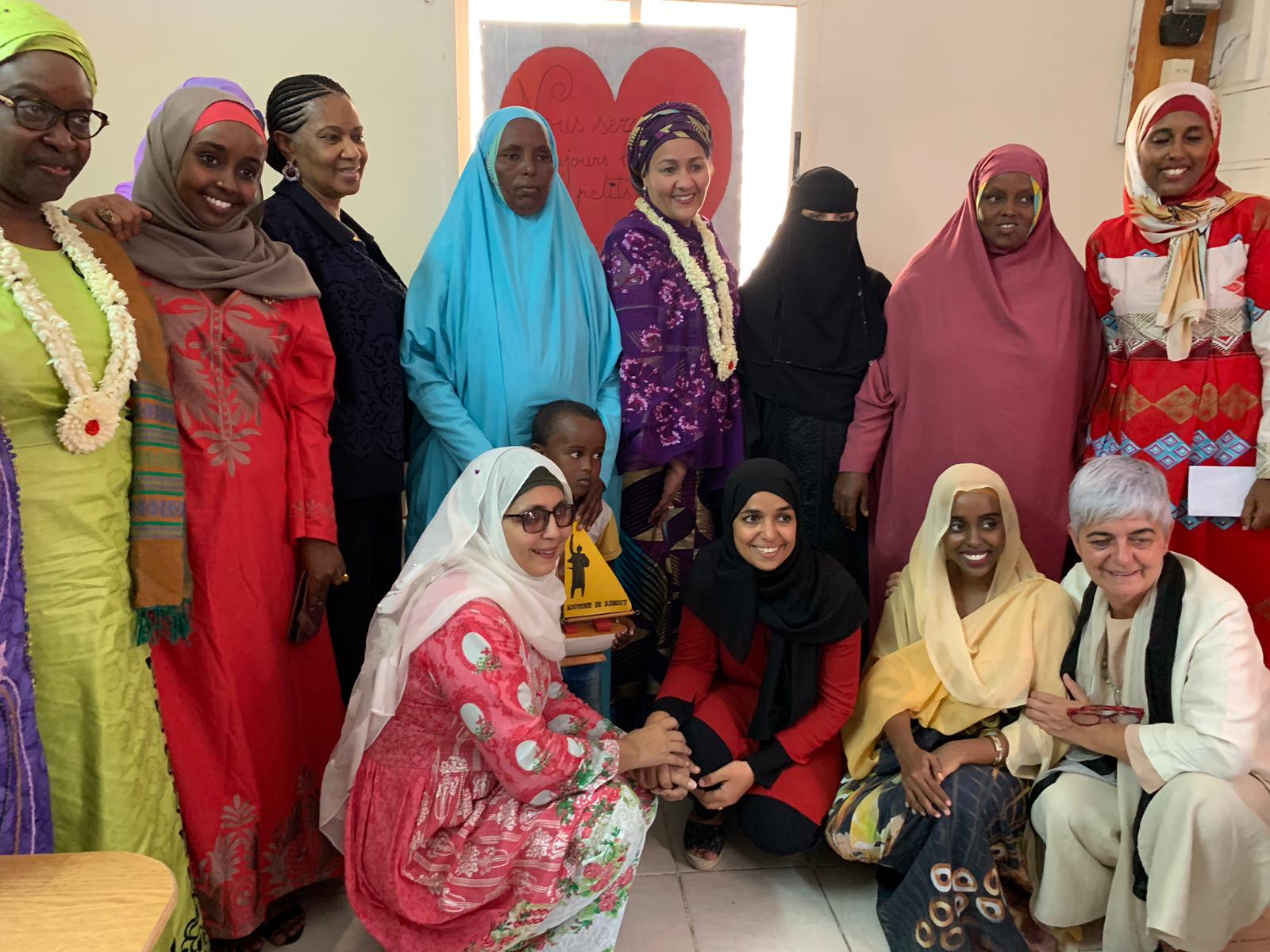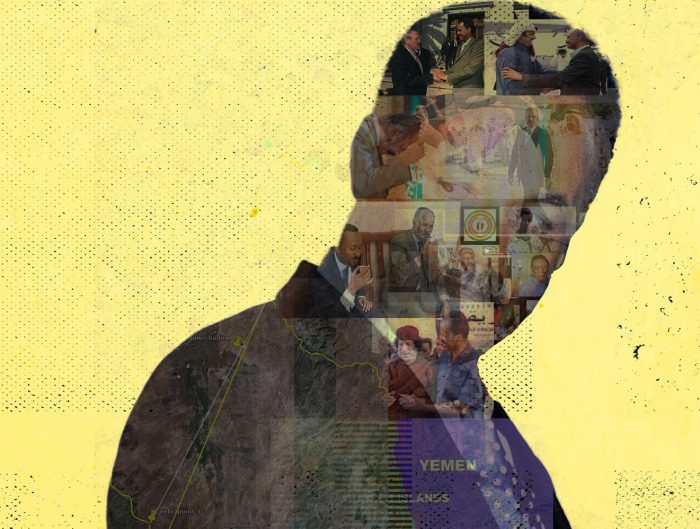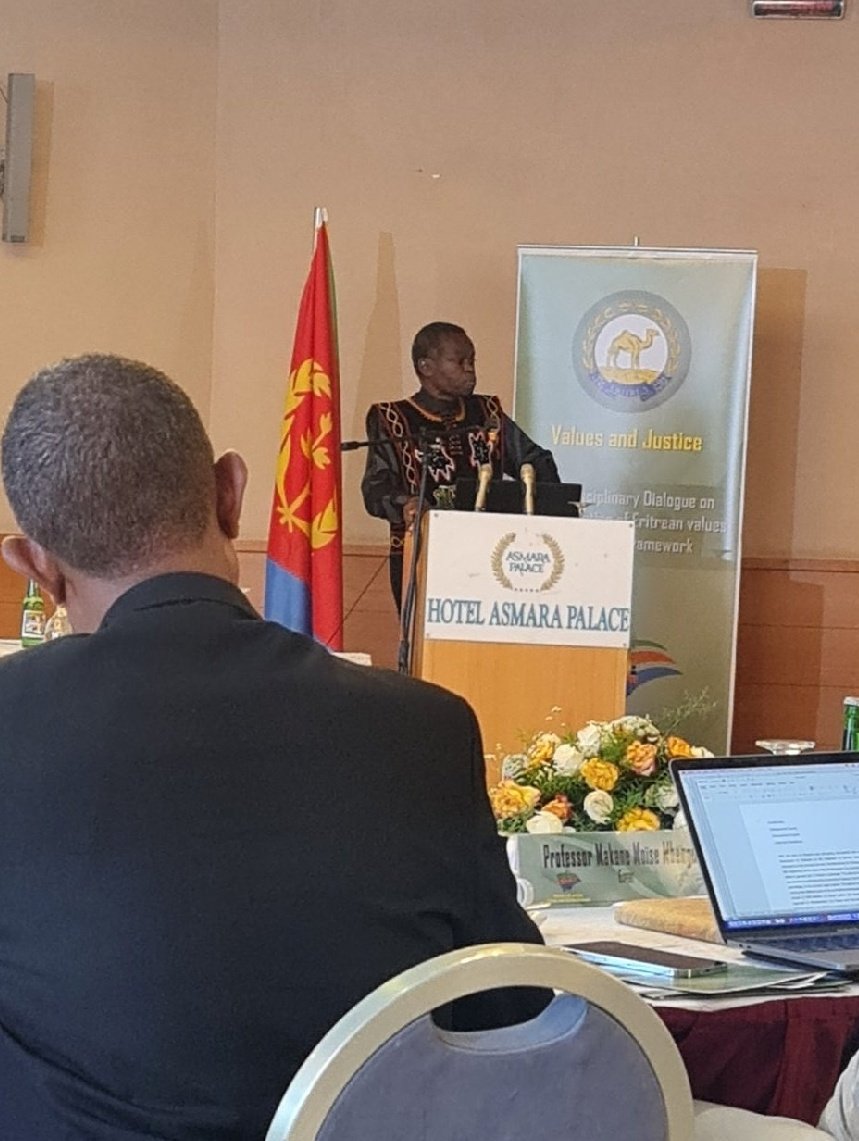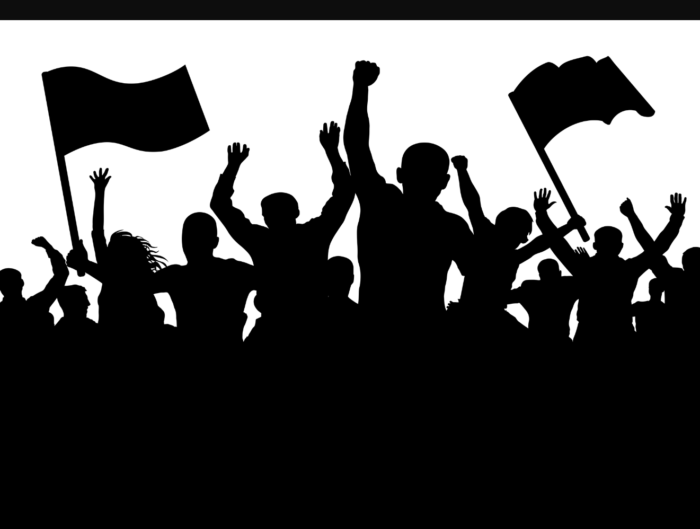And the PFDJ supporters are giddy because she complimented the predatory regime.
And now, for some of the great things she said:
Para 1: “It has been a wonderful experience. What we have had is clarity as to where the Government intends to go with the reforms, with the plans, with the bills that they have put forward, with the recommendations and the processes for the elections.”
Para 2: “We are very pleased to see that a woman heads the independent electoral commission. We believe that augurs well for the independence for the credibility and the inclusion of women.”
Para 3: “The country has also been a leader in advancing the participation of women in public life, including through a political cabinet that is half female.“
Para 4: “It is very exciting to see the leadership of… women in business and in other decision-making roles in government and parliament; and this is a country that has been at the forefront of driving women’s positions in leadership.”
What electoral commission? What cabinet? What parliament? Oh, I forgot to tell you: Para 1 and 2 are what she said in Somalia; Para 3 and 4 are what she said in her visit to Ethiopia. So, Disclosure number one that you may not be aware of: she was visiting the Horn of Africa, not just Eritrea. Including Djibouti where she did this:

By now, you have noticed the pattern from her speech and the picture in Djibouti: her focus is on women’s rights, women empowerment and their role in conflict resolution, including by increasing the number of women peacekeepers in conflict zones like Somalia.
So, with the above in mind, you have context as to why she went gaga when meeting with Eritrea’s “ideal female farmer”, henceforth known as future victim of PFDJ (“thoughts and prayers”); as well as the powerless female ministers of Justice, Health and Social Services and the Chairwoman President of the National Union of Eritrean Women (NUEW, which has done nothing NUEW for women in 40 years of its existence),and, of course, the dams. Dams! Dams galore in a country whose capital city doesn’t have drinking water.
When watching a procession of dignitaries who visit Eritrea and compliment the predatory government on running an efficient Prison State, we (who are exiled and denied entry to our own country) develop sympathy for Walter, from the movie The Big Lebowski, who is always telling clueless Donny “shut the fuck up, Donny!”
I understand. But prudence requires that we play the long game. For one thing, what exactly is the job description of the Deputy Secretary General? According to the UN, the job is all about helping to “manage Secretariat operations and to ensure coherence of activities and programmes.” In the itemized list of tasks for the job, it says the Deputy Secretary General is to “support the Secretary-General in ensuring inter-sectoral and inter-institutional coherence of activities and programmes.”
And our job is to help her remember her job. For example, speaking of ensuring coherence of activities, another UN agency, Human Rights Council (which found senior Eritrean government officials guilty of systematic, widespread and gross human rights violations that may constitute crimes against humanity), named a Special Rapporteur on Human Rights in Eritrea, Daniela Kravetz, who has not been allowed to carry out her mandate and visit Eritrea since October 2018. “Ensuring inter-sectoral and inter-institutional coherence” calls for the Deputy Secretary General to facilitate the mandate of the Special Rapporteur, whose job is even harder than that of her predecessor, Sheila Keetharuth, because the latter was able to at least visit neighboring countries to interview Eritrean exiles. Never mind Eritrea, Ms Kravetz has not even been allowed to visit Ethiopia because the man delegated by our stuck-in-Adi-Halo President to handle the Eritrea portfolio, Prime Minister Abiy Ahmed, won’t grant her a visa nor reply to her inquiries. (Read her report here) This gives more ammo to those who assert Abiy Ahmed is a poser but that’s not our subject today.
In her interview with State media Shabait (here), Ms. Amina says not only is her job to praise and encourage things that the government is doing well but “it will be also about addressing the challenges. What more challenges and gaps have we got? Whether it is in development or human rights, all of that needs to be addressed if one is to be an equal member of the global community.”
This may have a chance of working because the Eritrean regime has repeatedly demonstrated that it has a huge hunger for praise and attention from the international community, disproportionate to that which is due a dictator presiding over a small country. As early as 2003, the President of Eritrea had indicated that he is only willing to entertain questions about human rights (of his own people!) if the super-powers were to… let’s go to the quote (Kaplan, Robert. “A Tale of Two Colonies.” The Atlantic. April 2003.)
When I pressed Afewerki about human-rights abuses, which [US Secretary of Defense] Rumsfeld had pointedly raised in their meeting two weeks earlier, he said, “If you just leave us alone, we will handle these matters in a way that won’t damage our bilateral relationship and won’t embarrass us or you.” He indicated that he would be more likely to satisfy U.S. demands on human rights in the context of a growing military partnership, but would not do so if merely hectored by the State Department.
The “military partnership” he hungered for is gone and now, like a monkey who claims a banana it can’t reach is not ripe anyway, President Isaias Afwerki and his narrators have revised history to suggest it was the US begging for military base and them refusing all along. So, in lieu of “military partnership” with US, the new offer is UN praises, US/EU “engagements”, and downplaying of human rights so as not to “embarrass us or you.”
What should be of particular significance to Ms. Amina Mohammed and the entourage who accompanied her (UN Horn of Africa Envoy, African Union Envoy) is that, when it comes to girls and women, the government of Isaias Afwerki (which, after all, is a military regime) has an atrocious record all of which are directly tied to the militarization of the society:
* Girls, just like boys, are bussed to the academy-military hybrid institution of Warsay Yikealo High School in Sawa after they finish 11th grade. In many cases, these are as young as 16 and 17 years old, i.e., children. To understand how harsh their lives are at this camp, read the story of two survivors here;
* An unacceptably high percentage of refugees still trekking out of the country in post-peace Eritrea are underaged, including girls. The UN knows this because it runs the refugee camps that house them in Ethiopia and Sudan;
* With husbands in indefinite military conscription, the burden of raising a family is left to women who are now effectively single mothers and are some of the poorest in the world;
* The closure of the Catholic Church clinics disproportionately impacts poor and rural women. The government arbitrarily closed these clinics last summer because Catholic priests dared to criticize its dysfunctional policies;
* A very high percentage of prisoners, particularly prisoners of conscience arrested for practicing “illegal” religions (Pentecostal, Jehovah’s Witnesses) are women. These women have never been to a court of law and they don’t have visitation rights and they have been in such state for years.
These are all testified to by Eritrean victims of the government (samples, courtesy of Dr. Almaz Zerai, here, here, here, here, here, here, here and here) and archived by the United Nations Office of the High Commissioner. That is: whether Isaias likes it or not, whether PFDJ likes it or not, whether Nehna Nsu likes it or not, whether Militia Taff like it or not, the testimonies presented by Eritrean victims of Eritrea’s military junta are our stories; and the highest form of patriotism is to refuse to be cowed and to accept impunity for criminals.
How and when we should do this are what we in the opposition discuss: sometimes effectively, sometimes not; sometimes we have the momentum and sometimes we don’t. What is fitting is to conclude with the same statement that Deputy Secretary General Amina closed with in one of her addresses entitled “Sexual Violence Is Not Inevitable“: a quote by Africa’s pride, Nelson Mandela: “it always seems impossible until it’s done.”
And it shall be done.




